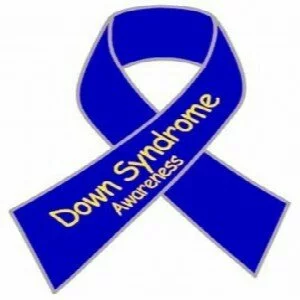One case of ‘Down Syndrome’ is reported among every 1000 live births in India and a provision has been made for initiating early intervention for the management of the genetic disorder, government has said. In the western countries, this figure is one against 800 live births, Health Minister J P Nadda said while replying to questions.
Nadda said the chances of ‘Down Syndrome’ in India are lessened because marriages take place early in this country, in contrast to the western countries where marriages often take place at a later age of life.
Early detection of birth defects including the ‘Down Syndrome’ is carried out by clinical screening of all children from 0-18 years of age and provision has also been made for initiating early intervention for the management of the ‘Down Syndrome’, he said.
Down syndrome is a genetic disorder which is typically associated with physical growth delays, characteristic facial features, and mild to moderate intellectual disability.
Nadda said the Government of India is implementing Rashtriya Bal Swasthya Karyakram to screen all children upto 18 years of age through early detection of birth defects, diseases, deficiencies, development delays including disability and provides comprehensive care including surgeries at the tertiary level free of cost under National Health Mission.
Nadda also informed the Rajya Sabha that neonatal mortality has reduced from 37 per 1000 live births in 2005 to 28 per 1000 live births in 2013. As per the ‘State of the World’s Mothers 2013′ report, an estimated 3.09 lakh babies die each year in India on the day they are born accounting for 29 percent of the total global deaths. In order to reduce neonatal mortality, government has developed India Newborn Action Plan (INAP) under National Health Mission.




No Comments